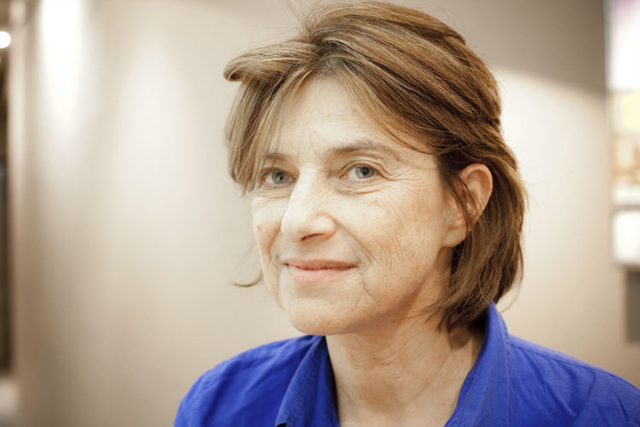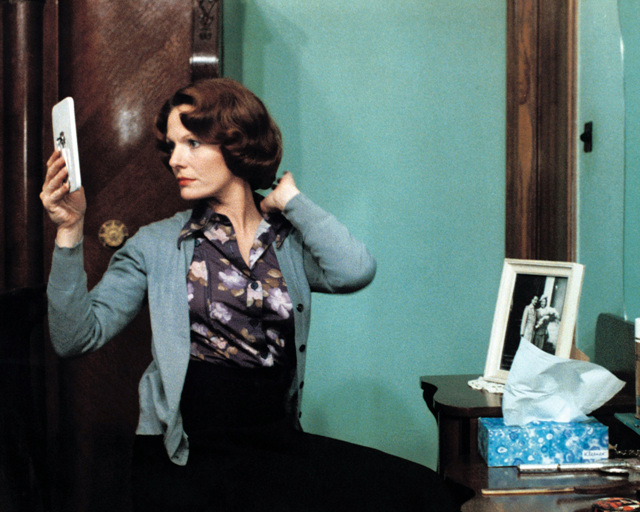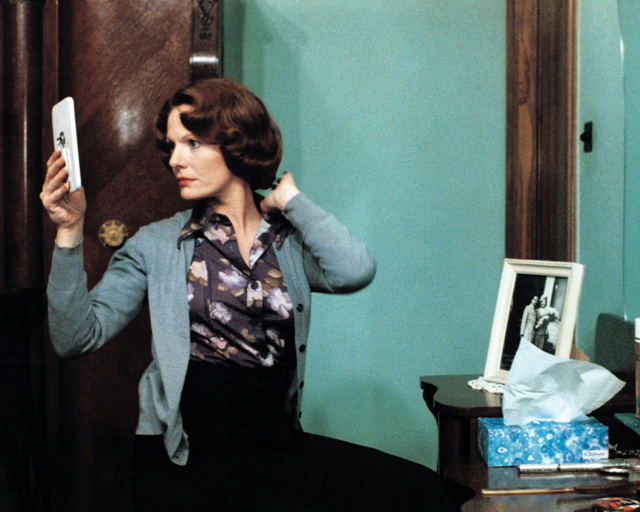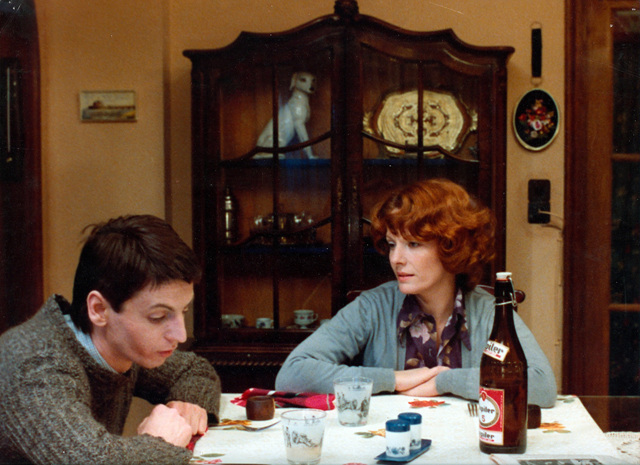15th(2013)
Jeanne Dielman
Chantal AKERMAN
- Belgium
- 1975
- 203min
- 35mm
- color
- 드라마
SYNOPSIS
Synopsis
Jeanne Dielman is Chantal AKERMAN \'s 1975 experiment in film form, an astonishing work of subtextual feminism. As esteemed critic Manny Farber noted, AKERMAN’s portrait of the daily household routines and self-imposed patterns of a Belgian single mother successfully merged such diverse generic movements as the matriarchal passion play, the architectural ethnography, and the non-narrative examinations of filmed space pioneered by Michael Snow and Andy Warhol into one cohesive precis. Because AKERMAN\'s scenario and her realization of it are so provocatively heterogeneous, and because the interpretations of the film\'s place in the canon of great cinema are so varied, some have called it the \"domestic 2001.\"
Program Note
Jeanne Dielman, introduced in the ‘Actress, Muse with a Movie Camera’ section, is a major film starring the actress and director Delphine SEYRIG. It is a masterpiece among feminist films of the 1970s. Representative of Chantal AKERMAN’s minimalistic format, this film exposed home as a space where sexual repression and economic exploitation are concealed. Through this, Jeanne Dielman opened a new chapter of cine-feminism.
Jeanne ekes out a living through prostitution at home, while raising an adolescent son. The film captures the household chores and movements that Jeanne repeats for three days with a dry and extremely restrained perspective through the camera. The range of Jeanne’s movements is limited to within the house, and the camera also remains within the closed space of home. There is no end to the house chores in the mechanically repetitive daily life of a woman, and she does not have time to rest even for a little bit. The flow of time in the film, which mirrors the flow of time in real life, allows the audience to experience the monotonous temporality of a homemaker.
The last scene that severs the cycle of monotony is extremely shocking, and it is only this abrupt moment of disintegration that Jeanne can take a rest. [HONG So-in]
PROGRAM NOTE
Synopsis
Jeanne Dielman is Chantal AKERMAN \'s 1975 experiment in film form, an astonishing work of subtextual feminism. As esteemed critic Manny Farber noted, AKERMAN’s portrait of the daily household routines and self-imposed patterns of a Belgian single mother successfully merged such diverse generic movements as the matriarchal passion play, the architectural ethnography, and the non-narrative examinations of filmed space pioneered by Michael Snow and Andy Warhol into one cohesive precis. Because AKERMAN\'s scenario and her realization of it are so provocatively heterogeneous, and because the interpretations of the film\'s place in the canon of great cinema are so varied, some have called it the \"domestic 2001.\"
Program Note
Jeanne Dielman, introduced in the ‘Actress, Muse with a Movie Camera’ section, is a major film starring the actress and director Delphine SEYRIG. It is a masterpiece among feminist films of the 1970s. Representative of Chantal AKERMAN’s minimalistic format, this film exposed home as a space where sexual repression and economic exploitation are concealed. Through this, Jeanne Dielman opened a new chapter of cine-feminism.
Jeanne ekes out a living through prostitution at home, while raising an adolescent son. The film captures the household chores and movements that Jeanne repeats for three days with a dry and extremely restrained perspective through the camera. The range of Jeanne’s movements is limited to within the house, and the camera also remains within the closed space of home. There is no end to the house chores in the mechanically repetitive daily life of a woman, and she does not have time to rest even for a little bit. The flow of time in the film, which mirrors the flow of time in real life, allows the audience to experience the monotonous temporality of a homemaker.
The last scene that severs the cycle of monotony is extremely shocking, and it is only this abrupt moment of disintegration that Jeanne can take a rest. [HONG So-in]
Director
-

Chantal AKERMANChantal AKERMAN
Born in Brussels in 1950 and currently lives and works in Paris. One of the most important filmmakers of her generation, she has been a leading figure in European experimental cinema since her earliest films including Jeanne Dielman, 23 quai du Commerce , 1080 Bruxelles , and Les Rendezvous d’Anna . Her most recent feature film was Almayer’s Folly in 2011.
Credit
- ProducerCorinne JEANART, Evelyne PAUL
- Cast Delphine SEYRIG
- Cinematography Babette MANGOLTE
- Editor Patricia CANINO
- Sound Benie DESWARTE, Francoise VAN THIENEN




